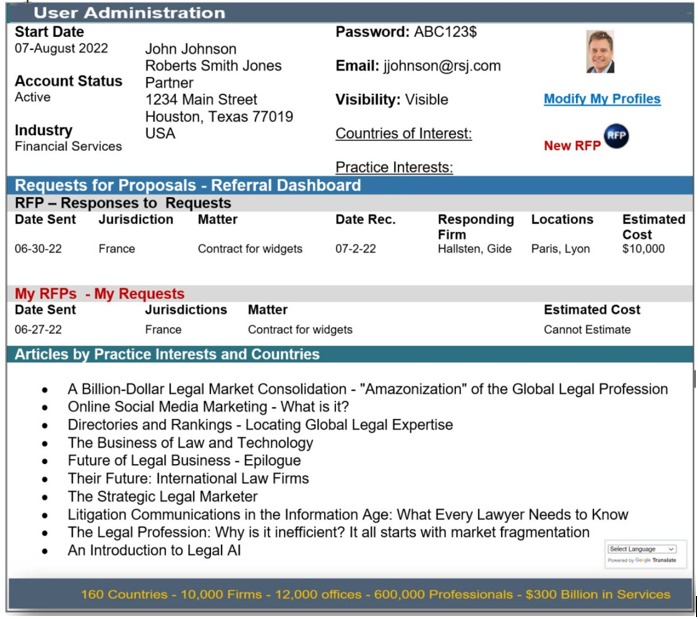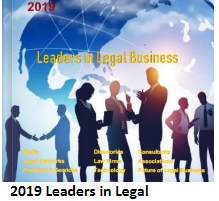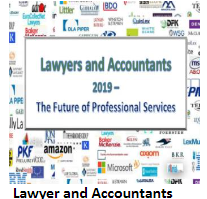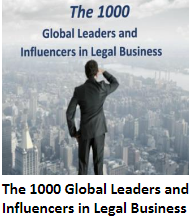Roland Vogl Executive Director,
Stanford
Program in Law, Science & Technology/CodeX
Roland Vogl is the executive director and lecturer in law for the Stanford Program in Law, Science & Technology, and the co-founder and executive director of CodeX – The Stanford Center for Legal Informatics.
CodeX — the Stanford Center for Legal Informatics — is focused
on researching and developing technologies in the realm of computational law.
Computational law is the
branch of legal informatics concerned with the automation and mechanization of
legal analysis. To that end, it
leverages rule-based as well as statistical AI-based techniques (e.g., machine
learning and Natural Language Processing). The former rule-based techniques are
used to create new “TurboTax”-like solutions for specific areas of the law or
for computable self-executing contracts. The latter statistical AI techniques
are used to conduct analytics in legal settings, including so-called
“predictive analytics.” In essence, predictive analytics is the use of data,
statistical algorithms, and machine learning techniques to identify the
likelihood of future outcomes based on historical data. The CodeX LegalTech
Index, an open source database that at
this point counts more than 730 legal tech companies, currently includes more
than 38 companies in the analytics space. Those companies are innovating in
search, eDiscovery, judicial/litigation analytics, contract analysis, IP
analytics, legislative prediction, predictive policing, and lawsuit financing.
The use of predictive analytics in law raises important questions. First, there
are questions around technical feasibility. Getting access to high-quality
training data to build predictions is challenging because most legal documents
are in unstructured text form. Secondly, there are questions around
transparency and explicability. These become problematic when data is used to
not only show trends or patterns to a lawyer, but also to predict legal
outcomes or to automate certain legal decisions. Systems that leverage
predictive analytics and mechanize certain aspects of legal decision-making
must be transparent and verifiable.
We are also seeing an increasing
use of multi-sided lawyer platforms to foster new ways of finding or
collaborating with clients or other lawyers. Some
companies provide both platforms for lawyers as well as predictive analytics
capabilities for their users (e.g., contract life cycle management solutions that
also provide contracts analytics aimed at predicting risk in transactions; or
lawyer client match-making platforms using machine learning and big data
analytics to make the perfect match).
Adopting new legal technologies
in any legal operation — be it in a law firm, corporate legal department, in
government, or the judiciary — is a non-trivial undertaking that frequently
reveals the challenges a particular organization faces when undergoing change.
There is no doubt in my mind that future legal professionals will have to approach legal solutions through the lens that an engineer might use when solving a computational problem. In addition to providing their legal expertise, they will have to think about how technology can be leveraged to distribute their expertise in the most efficient and cost-effective way. There will be technologies that replace certain tasks that are currently handled by human legal professionals, and there will be technologies that enhance human legal professionals. In any event, this is the time to rethink how the business of law can work. And there are already many great examples out there that show how legal services can be provided to clients in efficient and cost-effective ways, while still being profitable for lawyers.





 Software
Software Law
Law Legal
Legal






